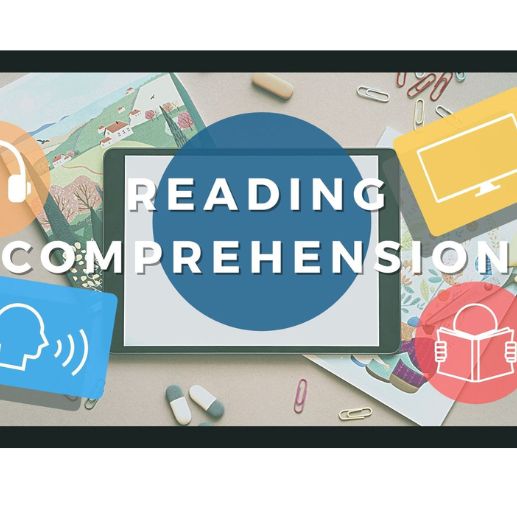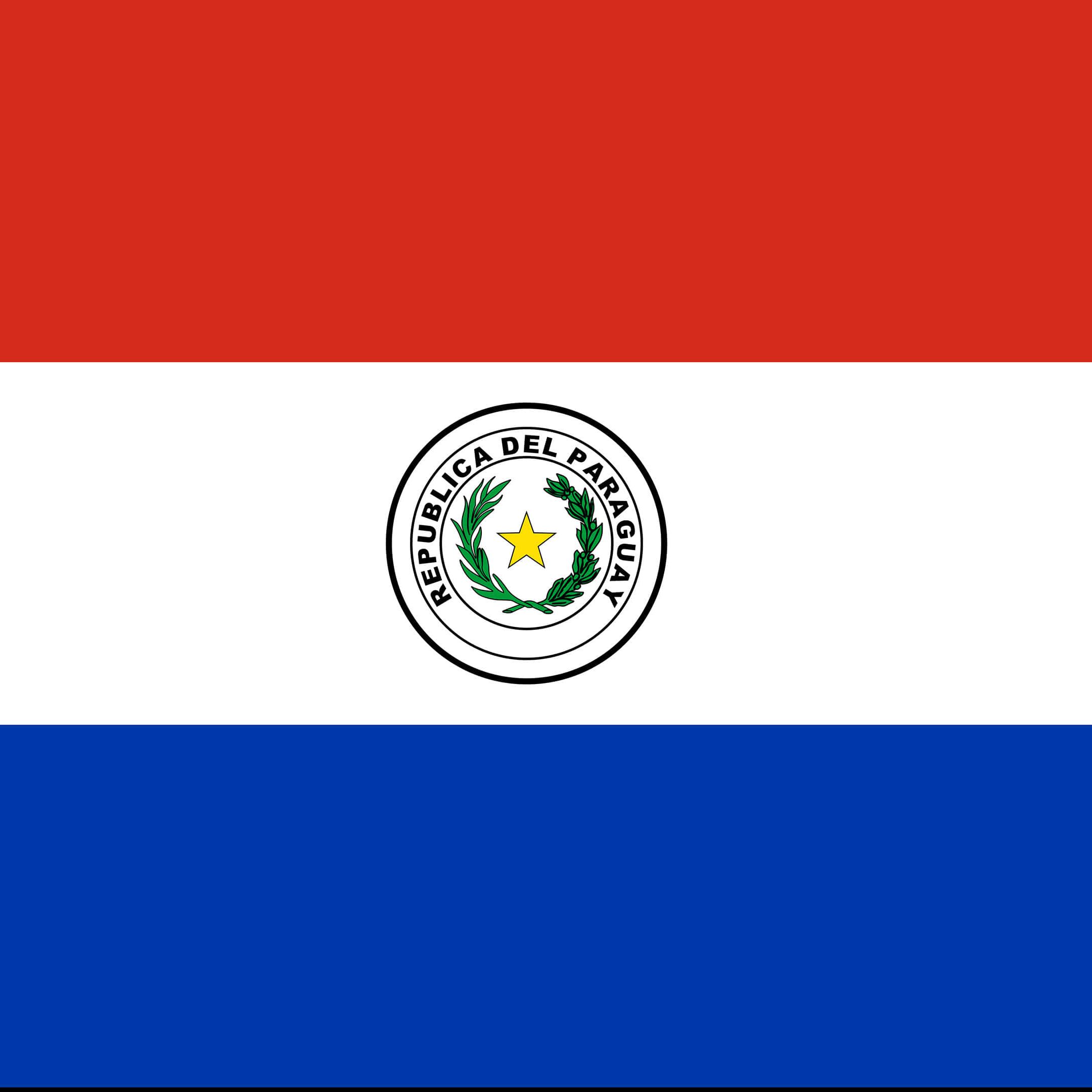
How Jet Lag Affects More than Just Your Sleep
Beschreibung
People who travel a lot will know the feeling — you've just landed in a country on the other side of the world, ready to explore and see the sights, but you're too tired to do anything!
Jet lag is usually linked with travel and changing time zones. But a new study has found that even small changes to our daily schedules can change our sleeping patterns.
And it's not just sleep that gets affected by a disrupted schedule — our bodies work differently when our daily patterns change.
The study, published in iScience, looked at how our bodies respond to a five-hour time change — similar to the kind of jet lag you'd feel after traveling from New York to London, for example.
It looked at people's circadian rhythm — our body's natural clock that controls when we sleep, when different hormones are released, and how our bodies use energy.
During the study, scientists observed 14 people in a lab for eight days.
On the first two days, the participants followed their normal daily schedules. But from the third day, the participants' meals, sleep and light exposure were changed to five hours later than normal.
The researchers tested the participants' blood and checked their digestion, energy use, and levels of melatonin — a hormone that helps control sleep by making you feel tired when it gets dark — to see how their bodies reacted to the time change.
The results showed that the five-hour time change made digestion slower, changed blood sugar levels, and affected how the body used fat. The body also burned less energy from food.
These things started to go back to normal after two or three days as the body adjusted to the new schedule.
One of the study's researchers, Jonathan Johnston, told StudyFinds this shows how sticking to a regular schedule can make a big difference to our health.
Podcast-Kanal
Practice Listening, Reading & Comprehension
Autor
Alle Episoden

San Juan Ara!

MASTER YOUR TIME TO LEARN LANGUAGES (OR ANYTHING)

Cosa stai facendo? - 3 minutes Italian

Edit Delete (全中文) 心理学小周记:吵架到底有没有意义?

MASTER Spanish Subjunctive in 18 MINUTES!

How to Find your Talent. How irritating strangers can teach you about your talents. 「キャリアコンサルタント」目線で、「才能の見つけ方。イラっとする他人は、あなたの才能を教えてくれるについて」お伝えします。

Problem one - You can’t make some of the English sounds

Episode #30 - Japanese spring events
Beliebte Episoden

Rohayhudcast! Paraguayan spanish!
San Juan Ara!

Language Motivator
MASTER YOUR TIME TO LEARN LANGUAGES (OR ANYTHING)

3 minutes Italian
Cosa stai facendo? - 3 minutes Italian

Chillchat (Learn Chinese and Chill)
Edit Delete (全中文) 心理学小周记:吵架到底有没有意义?

Español con Diego
MASTER Spanish Subjunctive in 18 MINUTES!

[Intermediate-Upper level] Interesting Japanese Not Taught In Schools About Japanese business culture, Japanese habits & Osaka
How to Find your Talent. How irritating strangers can teach you about your talents. 「キャリアコンサルタント」目線で、「才能の見つけ方。イラっとする他人は、あなたの才能を教えてくれるについて」お伝えします。

Pronunciation
Problem one - You can’t make some of the English sounds

Slow Japanese
Episode #30 - Japanese spring events